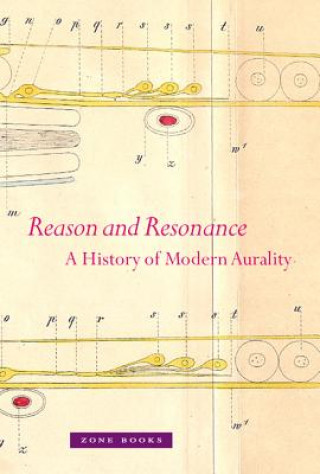
Kód: 05034062
Reason and Resonance - A History of Modern Aurality
Autor Veit Erlmann
Hearing has traditionally been regarded as the second sense -- as somehow less rational and less modern than the first sense, sight. Reason and Resonance explodes this myth by reconstructing the process through which the ear came ... celý popis
- Jazyk:
 Angličtina
Angličtina - Vazba: Brožovaná
- Počet stran: 424
Nakladatelství: Zone Books, 2014
- Více informací o knize

Mohlo by se vám také líbit
-
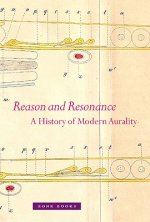
Reason and Resonance - A History of Modern Aurality
724 Kč -
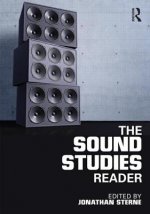
Sound Studies Reader
1828 Kč -
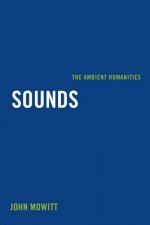
Sounds
1000 Kč -
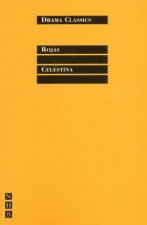
Celestina
161 Kč -
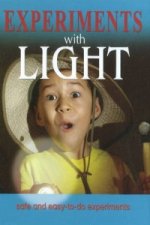
Experiments With Light
242 Kč -

Silenced by Prayer
634 Kč -

Selected Problems In Theoretical Physics (With Solutions)
2241 Kč -

State Structure and Genocide
1353 Kč -
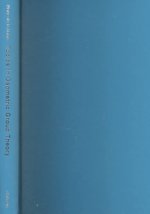
Topics in Geometric Group Theory
1653 Kč -

Red Devils
327 Kč -
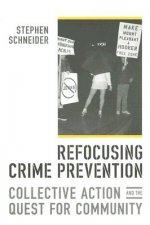
Refocusing Crime Prevention
1511 Kč -

Approaching Human Geography
1808 Kč -
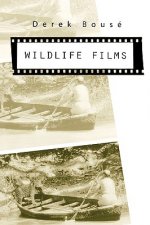
Wildlife Films
945 Kč -

Sound Studies: Traditionen - Methoden - Desiderate
683 Kč
Dárkový poukaz: Radost zaručena
- Darujte poukaz v libovolné hodnotě a my se postaráme o zbytek.
- Poukaz se vztahuje na celou naši nabídku.
- Elektronický poukaz vytisknete z e-mailu a můžete ihned darovat.
- Platnost poukazu je 12 měsíců od data vystavení.
Více informací o knize Reason and Resonance - A History of Modern Aurality
Nákupem získáte 68 bodů
 Anotace knihy
Anotace knihy
Hearing has traditionally been regarded as the second sense -- as somehow less rational and less modern than the first sense, sight. Reason and Resonance explodes this myth by reconstructing the process through which the ear came to play a central role in modern culture and rationality. For the past four hundred years, hearing has been understood as involving the sympathetic resonance between the vibrating air and various parts of the inner ear. But the emergence of resonance as the centerpiece of modern aurality also coincides with the triumph of a new type of epistemology in which the absence of resonance is the very condition of thought. Our mind's relationship to the world is said to rest on distance or, as the very synonym for reason suggests, reflection. Reason and Resonance traces the genealogy of this "intimate animosity" between reason and resonance through a series of interrelated case studies involving a varied cast of otologists, philosophers, physiologists, pamphleteers, and music theorists. Among them are the seventeenth-century architect-zoologist Claude Perrault, who refuted Cartesianism in a book on sound and hearing; the Sturm und Drang poet Wilhelm Heinse and his friend the anatomist Samuel Sommerring, who believed the ventricular fluid to be the interface between the soul and the auditory nerve; the renowned physiologist Johannes Muller, who invented the concept of "sense energies"; and Muller's most important student, Hermann von Helmholtz, author of the magisterial Sensations of Tone. Erlman also discusses key twentieth-century thinkers of aurality, including Ernst Mach; the communications engineer and proponent of the first nonresonant wave theory of hearing, Georg von Bekesy; political activist and philosopher Gunther Anders; and Martin Heidegger.
 Parametry knihy
Parametry knihy
Zařazení knihy Knihy v angličtině Humanities Philosophy
684 Kč
- Plný název: Reason and Resonance - A History of Modern Aurality
- Autor: Veit Erlmann
- Jazyk:
 Angličtina
Angličtina - Vazba: Brožovaná
- Počet stran: 424
- EAN: 9781935408055
- ISBN: 1935408054
- ID: 05034062
- Nakladatelství: Zone Books
- Hmotnost: 736 g
- Rozměry: 155 × 229 × 31 mm
- Datum vydání: 15. August 2014
Oblíbené z jiného soudku
-
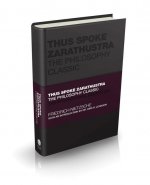
Thus Spoke Zarathustra - The Philosophy Classic
329 Kč -

From Bacteria to Bach and Back
310 Kč -
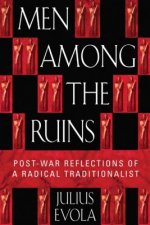
Men Among the Ruins
615 Kč -
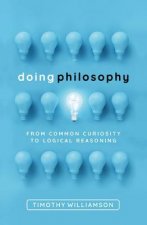
Doing Philosophy
405 Kč -
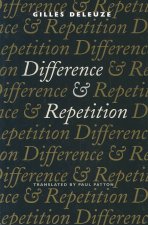
Difference and Repetition
557 Kč -
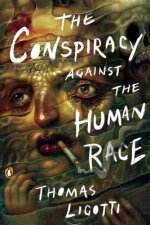
The Conspiracy Against the Human Race
433 Kč -
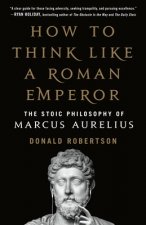
How to Think Like a Roman Emperor
402 Kč -
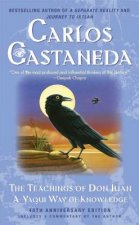
Teachings of Don Juan
244 Kč -
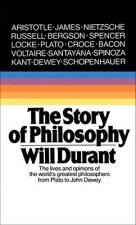
The Story of Philosophy
257 Kč -
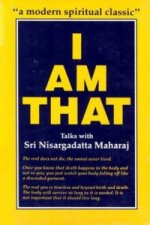
I am That
1021 Kč -
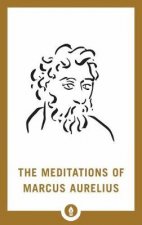
Meditations of Marcus Aurelius
276 Kč -
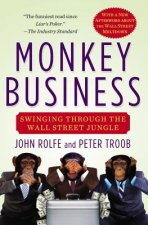
Monkey Business
454 Kč -
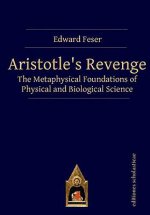
Aristotles Revenge
782 Kč -
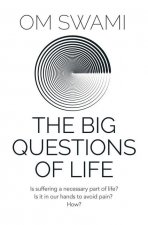
Big Questions of Life
313 Kč -

Musonius Rufus
416 Kč -
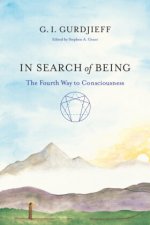
In Search of Being
577 Kč -
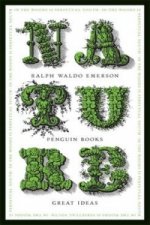
Nature
185 Kč -
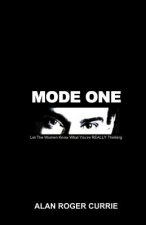
Mode One
630 Kč -
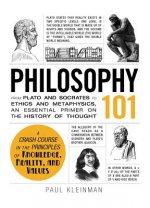
Philosophy 101
356 Kč -
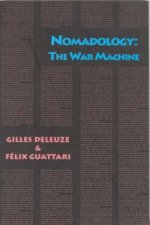
Nomadology - The War Machine
362 Kč -
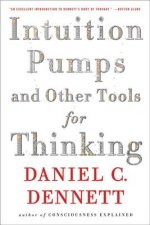
Intuition Pumps and Other Tools for Thinking
492 Kč -
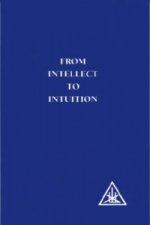
From Intellect to Intuition
360 Kč -
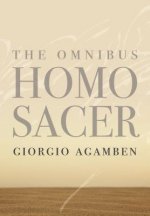
Omnibus Homo Sacer
2828 Kč -
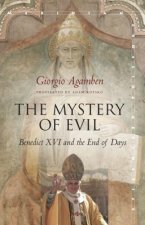
Mystery of Evil
531 Kč -
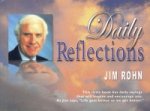
Daily Reflections
160 Kč -
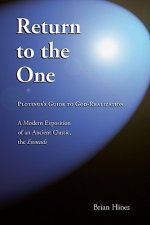
Return to the One
453 Kč -
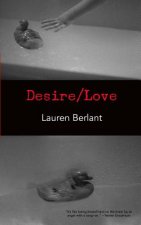
Desire/Love
476 Kč -
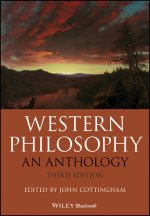
Western Philosophy: An Anthology, 3rd Edition
1090 Kč -
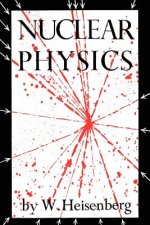
Nuclear Physics
452 Kč -
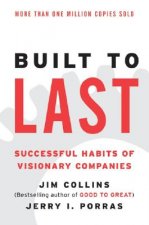
Built to Last
444 Kč -
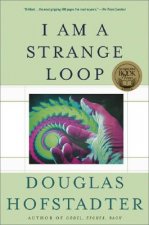
I Am a Strange Loop
549 Kč -
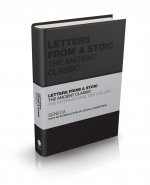
Letters from a Stoic - The Ancient Classic
329 Kč -
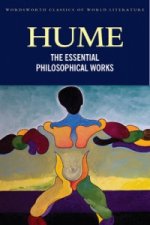
The Essential Philosophical Works
143 Kč -
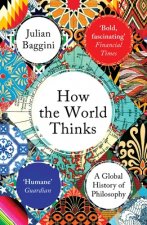
How the World Thinks
302 Kč -
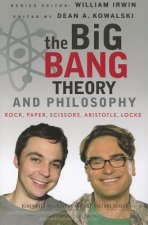
Big Bang Theory and Philosophy - Rock, Paper, Scissors, Aristotle, Locke
500 Kč -

Wisdom of Yoga
381 Kč -
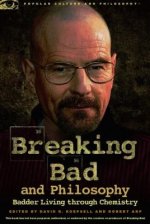
Breaking Bad and Philosophy
538 Kč -

Sacred Dance Meditations
580 Kč -

Hyperculture: Culture and Globalisation
462 Kč -
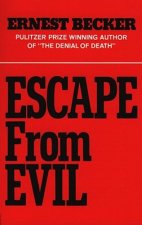
Escape from Evil
485 Kč -
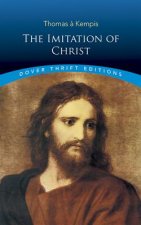
Imitation of Christ
126 Kč -
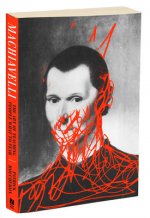
Machiavelli: The Art of Teaching People What to Fear
474 Kč -

Religion of Tomorrow
746 Kč -
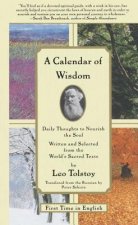
Calendar of Wisdom
578 Kč -
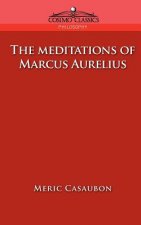
Meditations of Marcus Aurelius
350 Kč -

Mortal Questions
440 Kč -
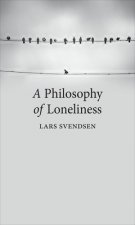
Philosophy of Loneliness
534 Kč -
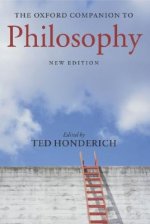
Oxford Companion to Philosophy
876 Kč -
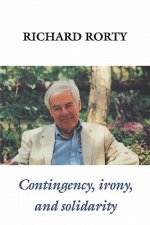
Contingency, Irony, and Solidarity
655 Kč
Osobní odběr Praha, Brno a 12903 dalších
Copyright ©2008-24 nejlevnejsi-knihy.cz Všechna práva vyhrazenaSoukromíCookies



 Vrácení do měsíce
Vrácení do měsíce 571 999 099 (8-15.30h)
571 999 099 (8-15.30h)